Mozambique: Identification of ''ghost workers' opens possibility for hiring 6,000 new employees - ...
Cabo Delgado: Have donors abandoned ADIN? – DW
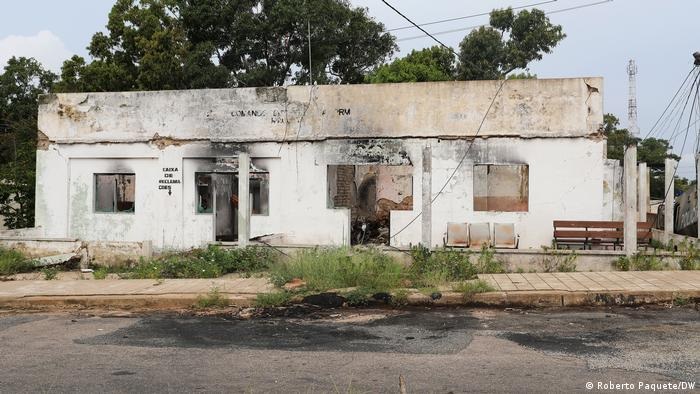
FILE - For illustration purposes only. [File photo: DW]
- ADIN was officially launched on 31 August, 2020, by the Mozambican head of state, Filipe Nyusi. Two years later, many accuse the initiative of inertia.
President Filipe Nyusi of Mozambique officially launched the Northern Integrated Development Agency (ADIN) in the city of Pemba in 2020, laying down clear guidelines for the institution: to “create employment and training opportunities for young people”, and to “promote investment initiatives for the socio-economic development of communities, through micro, small and medium-sized companies”.
At the time, it was reported that ADIN might attract as much as US$700 million from the World Bank. But so far, it has only managed to mobilise US$100 million for economic and social projects.
Two years after the official launch, social activist Abudo Gafur Manana says he doesn’t see any major contributions from the agency, especially in Cabo Delgado. “We still haven’t seen robust action. ADIN is a failure, and we have to urgently rethink the fall it took,” he says.
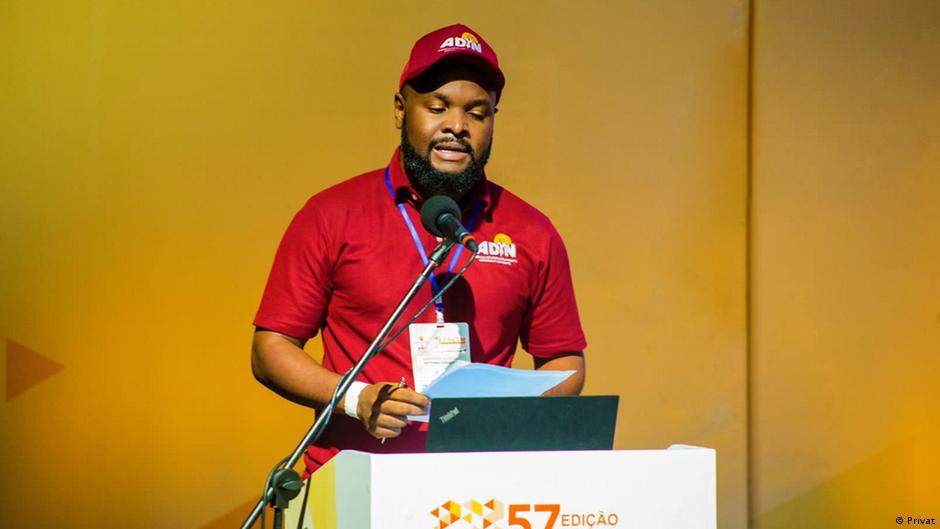
Haggai Maunze, who is coordinator of the Economic Program Management Unit at ADIN, assured DW Africa that the institution is developing many projects in Cabo Delgado and across the northern part of the country.
“Mainly, [ADIN is developing] actions aimed at multiform assistance to populations affected by terrorist attacks. And we have to recognize that the challenge is very big: we are talking about more than 850,000 displaced people, most of them young,” Maunze said.
According to Maunze, ADIN is supporting the population of Cabo Delgado in the reconstruction of houses destroyed by terrorism, “but new villages are also being built in the south of the province”.
Inertia?
Gafur Manana refutes the statements made by the ADIN official, saying that what is being done falls far short of the development projected for the region. “We are still neither feeling nor seeing any achievements, especially in terms of the reconstruction of Cabo Delgado,” he maintains.
The executive director of the Centre for Democracy and Development (CDD), Adriano Nuvunga, agrees that, two years on, ADIN has done very little.
“Not much has happened, apart from studies. There was an effort at institutional development, which is gradually being lost,” is his assessment. “More needs to be done in the socio-economic development component of the north.”
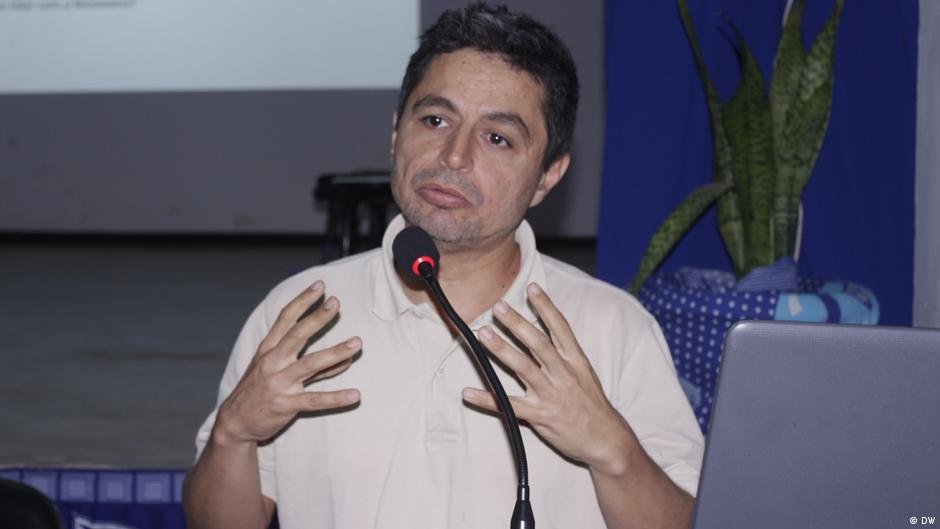
Sociologist João Feijó presents one possible explanation for the few actions undertaken by ADIN in Cabo Delgado: “There are still areas in which, in order to move, it is necessary to have military escorts. In some areas, there are still no civil servants, so we can’t have high expectations,” he notes.
Fundraising difficulties
When it was launched in 2020, the Northern Integrated Development Agency had a budget deficit of 95% of the US$384 million estimated necessary for the initial phase. Since then, the institution has continued to have difficulty mobilising funding from cooperation partners.
In fact, several of the projects implemented in Cabo Delgado are the direct responsibility of international organisations, especially the United Nations. Last week, the European Union announced €15 million, over a two-year period, for development projects in the north, particularly in areas affected by terrorism. But the amounts will not pass through ADIN’s coffers.
“This is a bad sign for ADIN,” comments Adriano Nuvunga, for whom “ADIN’s institutional arrangements must be improved”.
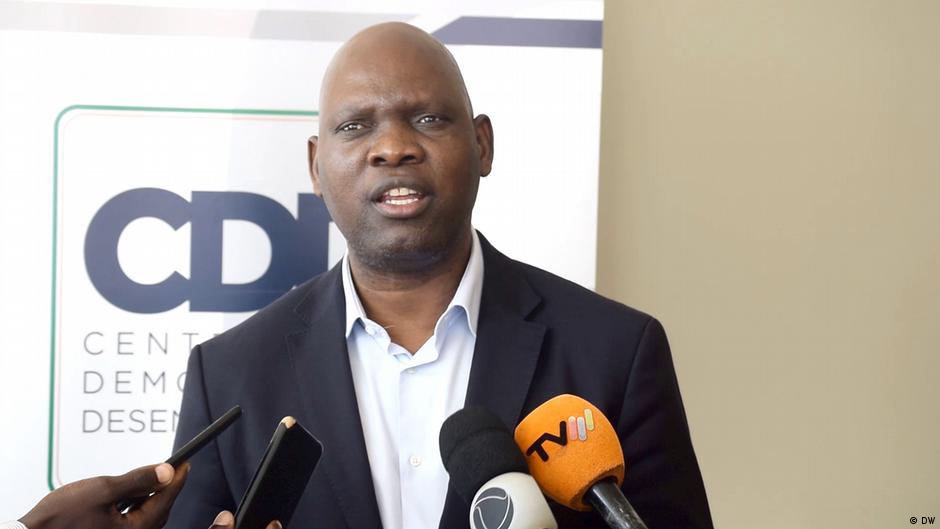
“ADIN cannot be subordinated to the Ministry of Agriculture and Rural Development. This has been the ‘Achilles’ heel’ in the ADIN process, and it has now run out of funds,” he adds.
Speaking to DW Africa, the coordinator of ADIN’s Economic Program Management Unit, Haggai Maunze, does not specify how much the agency has already managed to raise, but asserts that “fund mobilisation work is ongoing”.
“In comparative terms, looking at the last two years, we are a little stronger,” Maunze says.
Suspicions
For sociologist João Feijó, ADIN’s difficulty in raising funds is due to the lack of trust on the part of international donors.
“There is still a lack of trust on the part of the donors regarding the functioning of ADIN, the transparency it should have and its capacity to execute this amount,” Feijó says.
In response to ADIN’s weak resource mobilisation capacity, the Council of Ministers in June approved the Northern Integrated Development and Resilience Program (PREDIN).
Haggai Maunze sees this as good news for ADIN.
“There is great expectation and, above all, there is a strong will on the part of the partners to contribute to the effective implementation of PREDIN,” Maunze concludes.





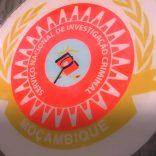
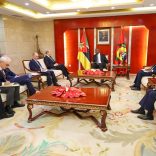






Leave a Reply
Be the First to Comment!
You must be logged in to post a comment.
You must be logged in to post a comment.